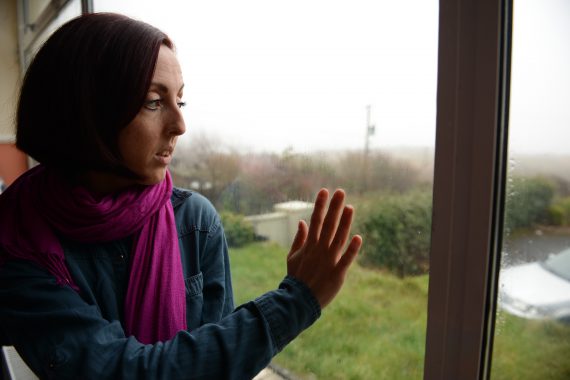Deprivation linked to poor recovery from mental illness

Patients from the poorest areas in England have a much lower chance of recovery after treatment on the NHS for common mental health problems like depression or anxiety than those from the most affluent parts, latest official data show.
The figures, from the latest annual report on the Improving Access to Psychological Therapies (IAPT) programme, revealed a strong link between deprivation levels and how likely patients are to recover after interventions such as counselling, CBT and peer support.
The report found more than 200,000 referrals were made to IAPT services from the most deprived 10% of areas of England, compared with 92,000 from the least deprived 10%.
And while 46% of patients recovered on average after treatment, only 35% from the most deprived areas did so – compared with 55% of those from the least deprived areas.
Recovery rates also differed across genders and ethnic groups, with Asian or Asian British Pakistani men having the lowest recovery rates of around 34%.
Overall, 953,522 out of a total of 1,399,088 referrals were treated by IAPT services last year.
Of those that finished a course of treatment, 81% waited less than six weeks for first treatment – showing the NHS met a new Government target for 75% of treated patients to be seen within six weeks in 2015/16.
The target was introduced last year as part of a £80m investment into mental health services, although data from 2014/15 suggest that target was already being met at the time, and the long-term aim is for 95% of patients to be seen within six weeks by 2020.
The data also revealed there is still huge variation in how long people wait for their treatment sessions to start.
While the average waiting time to start treatment was four weeks, patients at NHS Wirral CCG waited 19 weeks – nearly five months.
The figures also show that patients may wait even longer for their second appointment – the average wait from the first to second appointment was around 34 days.
It comes as the King’s Fund warned that money pledged for mental health is failing to reach frontline clinical services.
Visit Pulse Reference for details on 140 symptoms, including easily searchable symptoms and categories, offering you a free platform to check symptoms and receive potential diagnoses during consultations.









